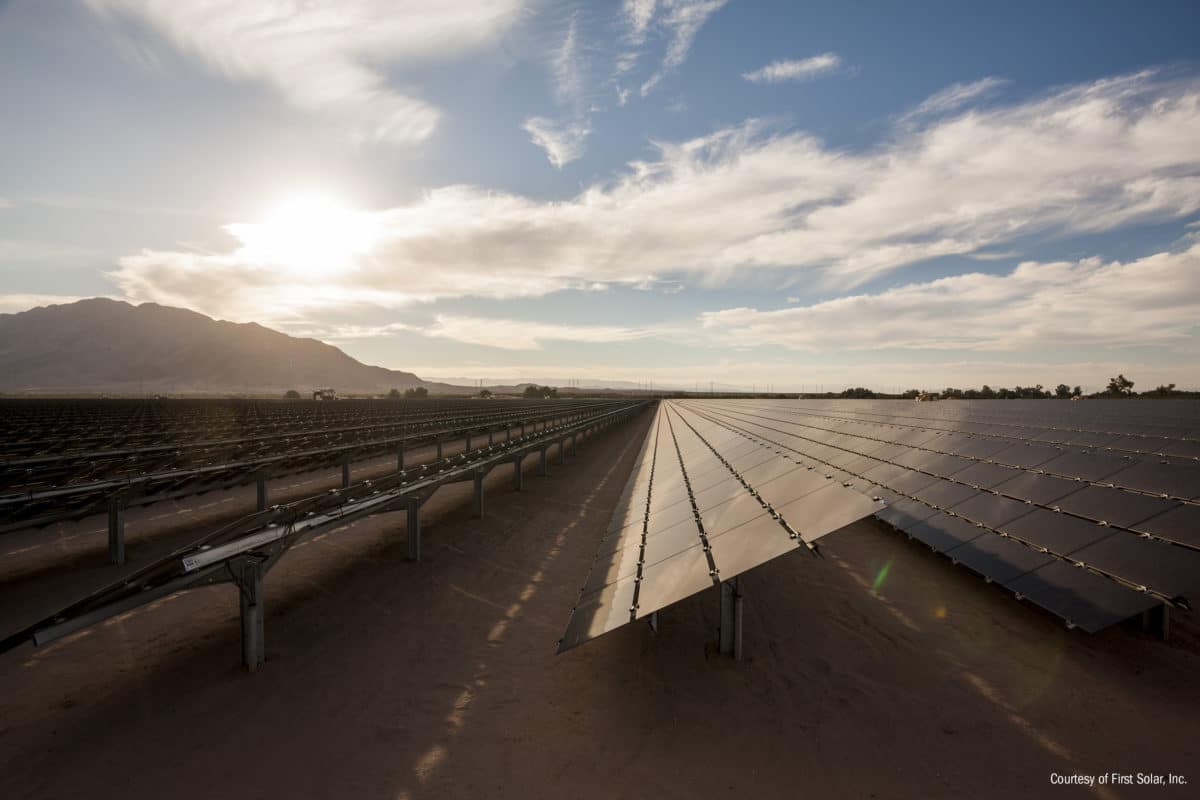From pv magazine USA
The National Renewable Energy Laboratory (NREL) and the U.S. Department of Energy are soliciting leaders of companies and research institutes to join a consortium of cadmium telluride (CdTe) thin-film photovoltaic advancement, with submissions due in the coming days.
The CdTe Accelerator Program, announced this March, has a mission to form a consortium that guides the United States to a highly competitive position in the CdTe space. Specifically, the program seeks to enable cell efficiencies above 24%, and sustainable module prices below $0.20/W by 2025. By 2030, the consortium will have a goal of over 26% efficiency, and costs below $0.15/W.
CdTe is known for its high light-absorption rates, and relatively low manufacturing costs, making it second only to silicon-based panels in deployment. NREL said that if CdTe research could unlock higher cell efficiencies and even lower module manufacturing costs, the United States could capture a larger portion of the global solar market.
To continue reading, please visit our pv magazine USA website.
This content is protected by copyright and may not be reused. If you want to cooperate with us and would like to reuse some of our content, please contact: editors@pv-magazine.com.




By submitting this form you agree to pv magazine using your data for the purposes of publishing your comment.
Your personal data will only be disclosed or otherwise transmitted to third parties for the purposes of spam filtering or if this is necessary for technical maintenance of the website. Any other transfer to third parties will not take place unless this is justified on the basis of applicable data protection regulations or if pv magazine is legally obliged to do so.
You may revoke this consent at any time with effect for the future, in which case your personal data will be deleted immediately. Otherwise, your data will be deleted if pv magazine has processed your request or the purpose of data storage is fulfilled.
Further information on data privacy can be found in our Data Protection Policy.